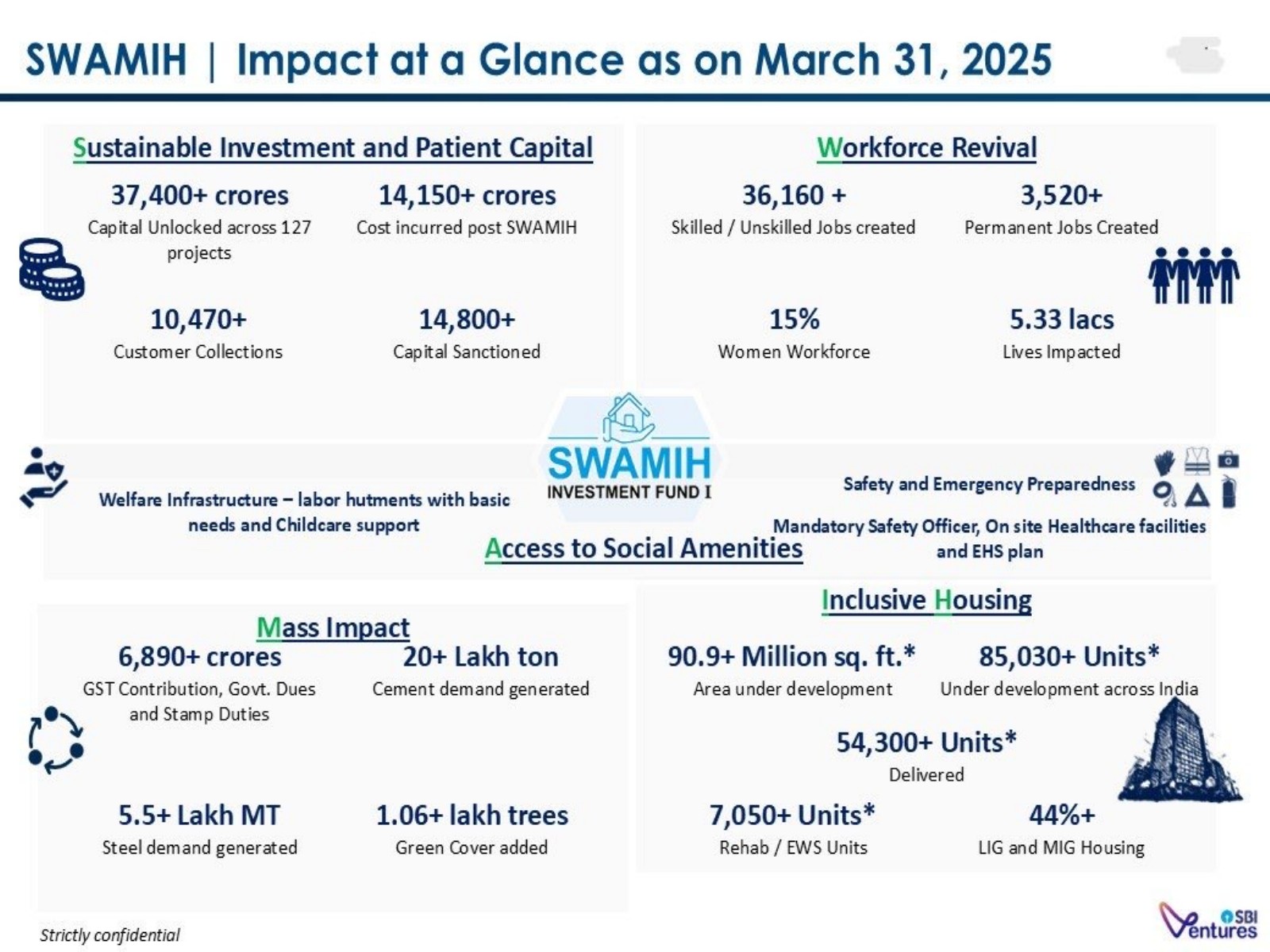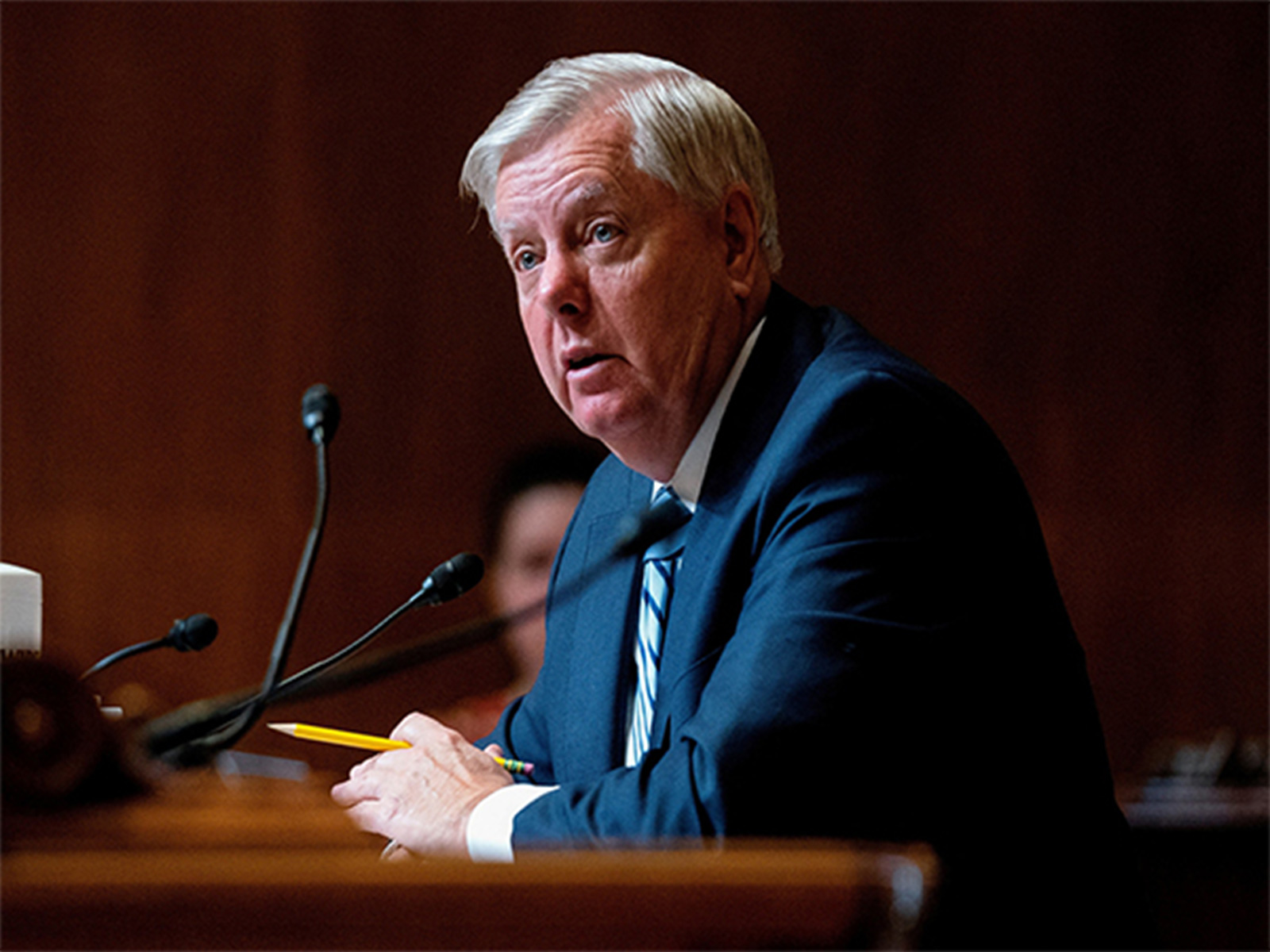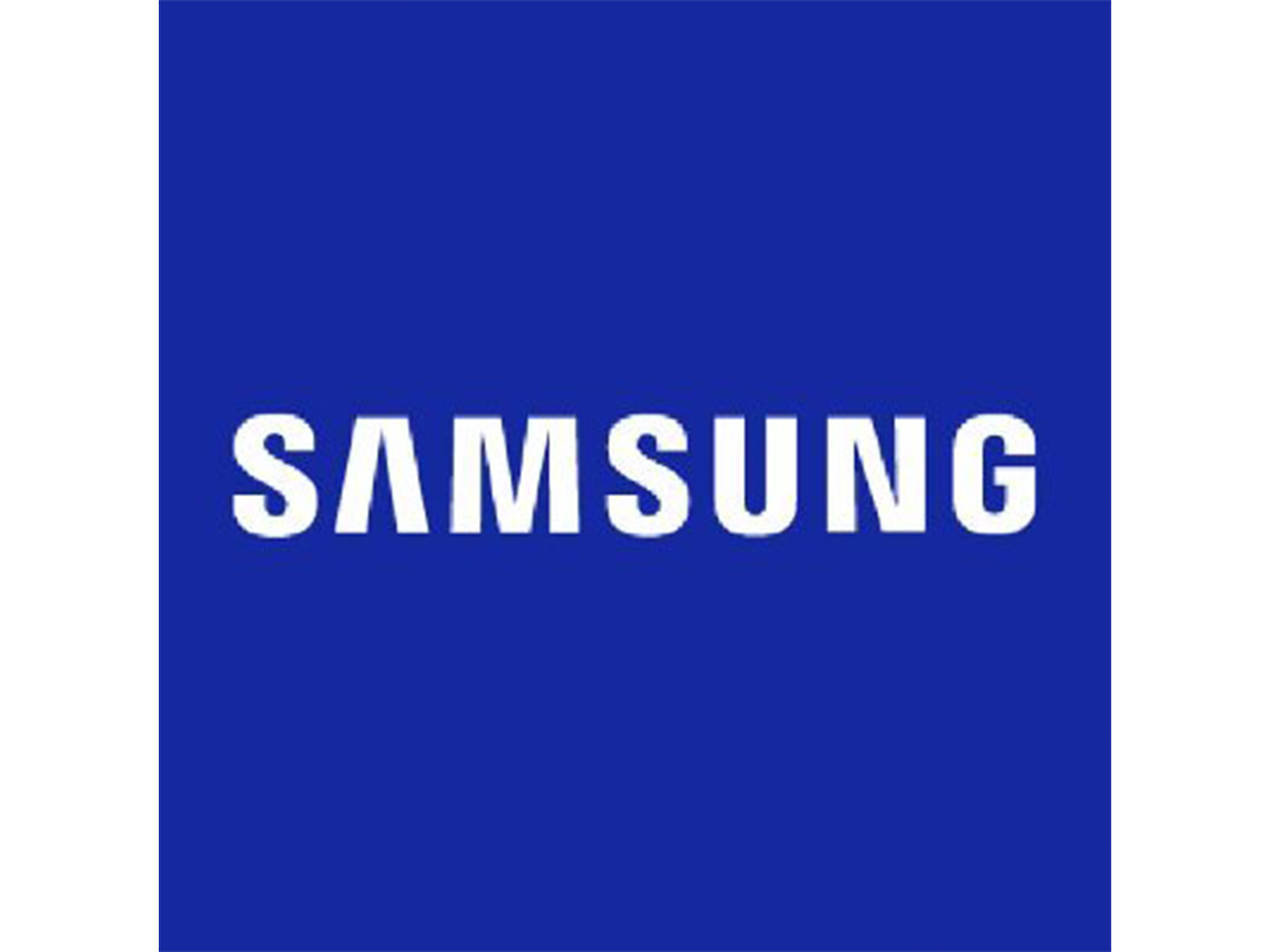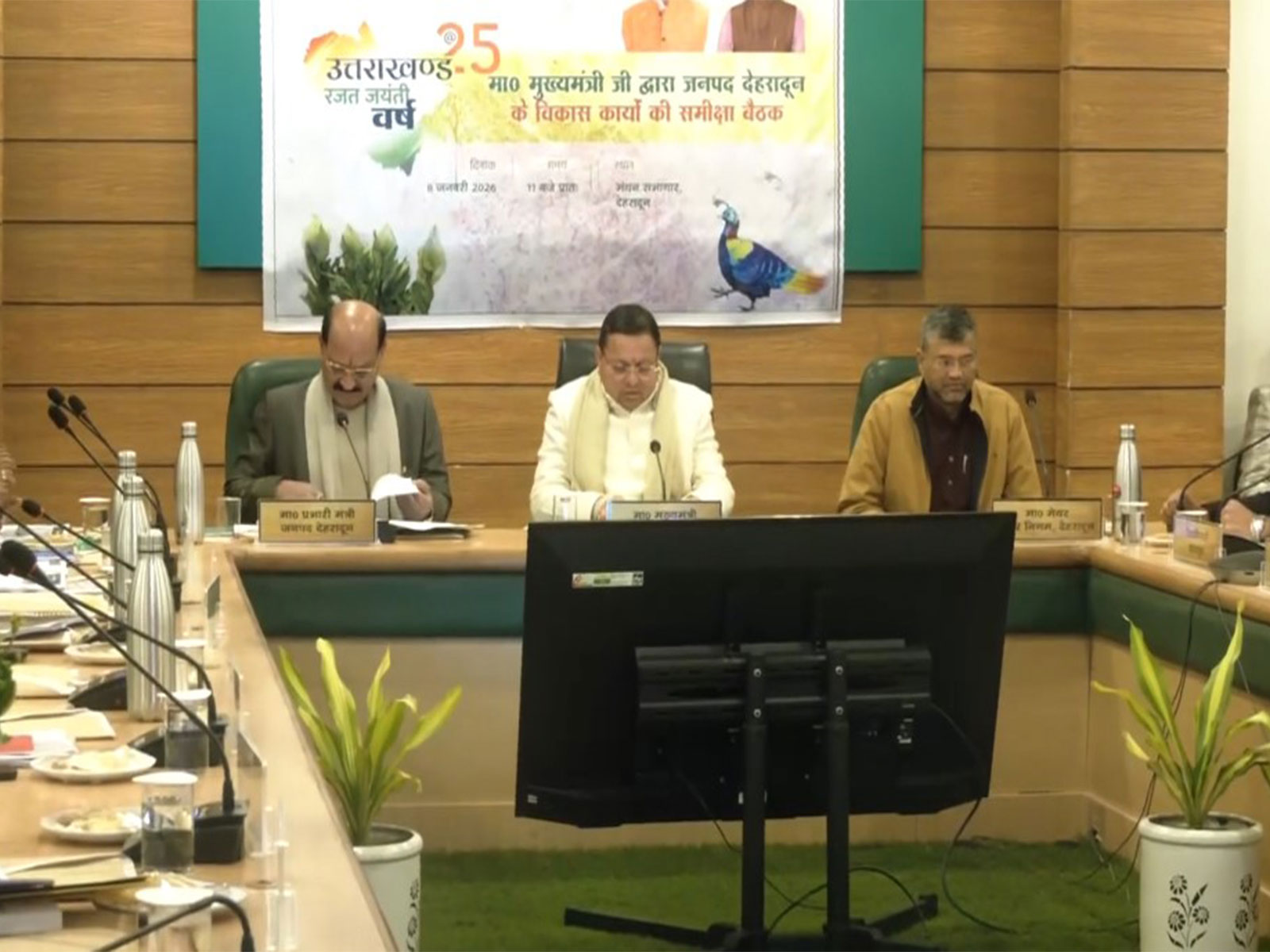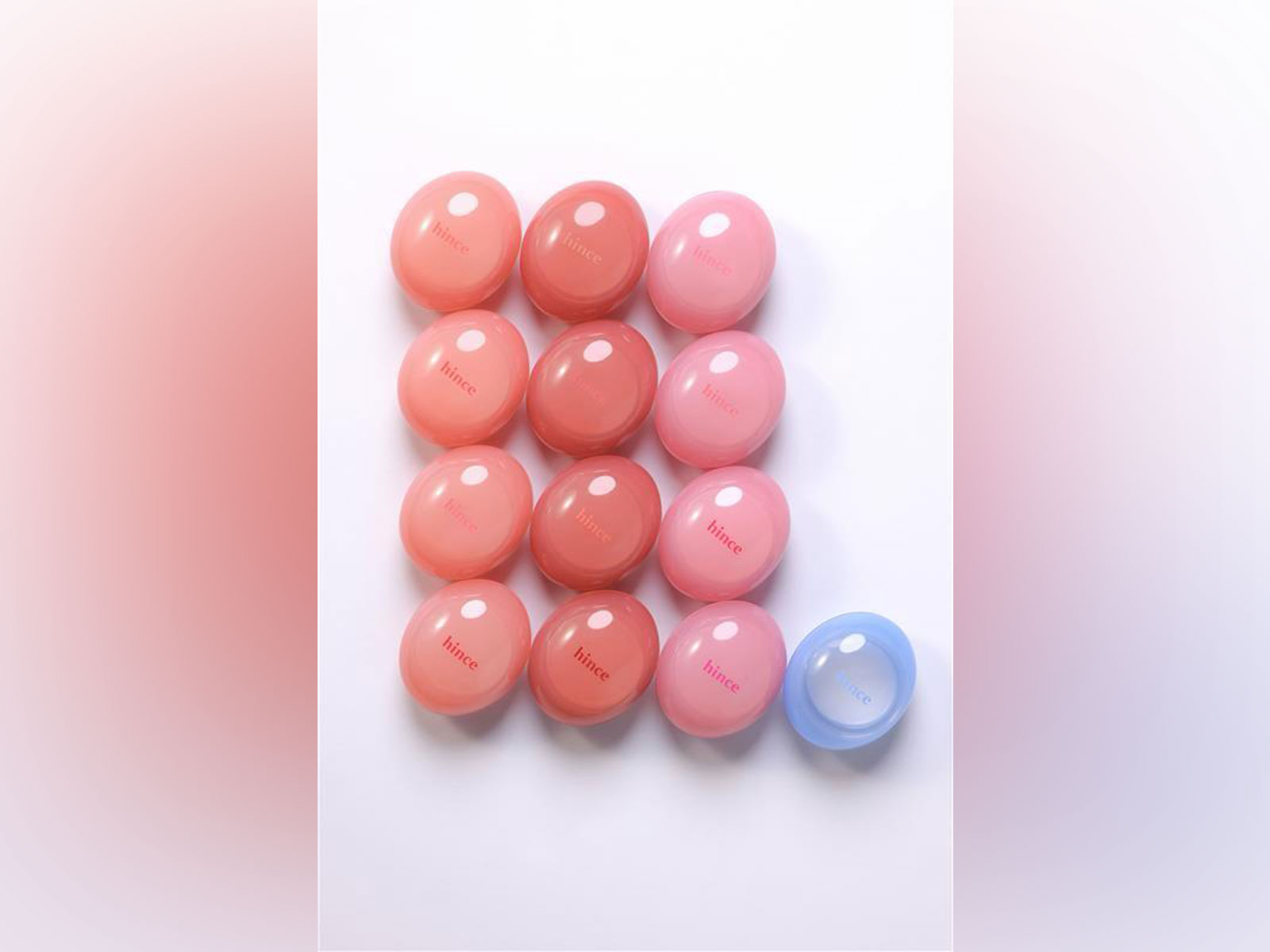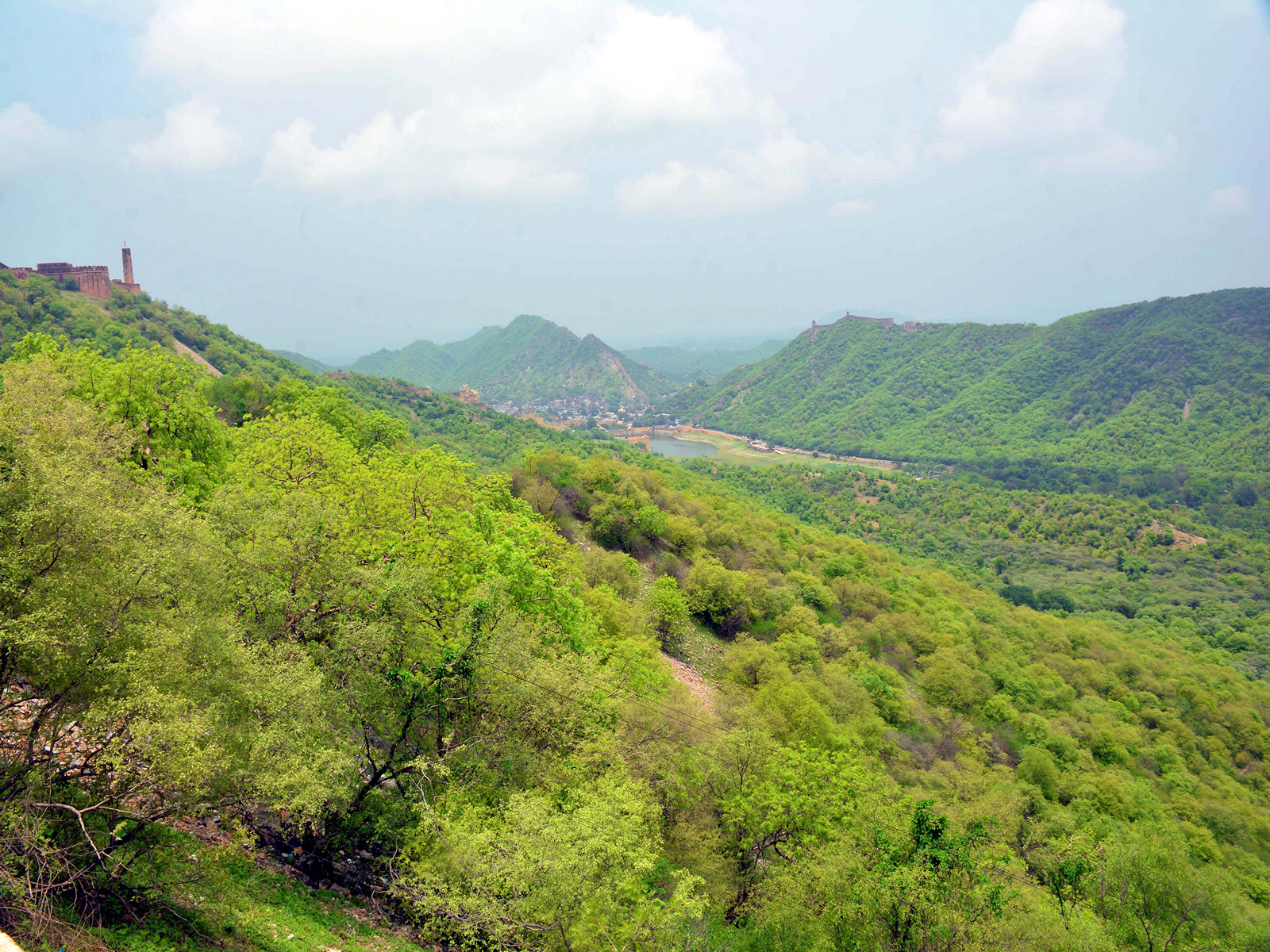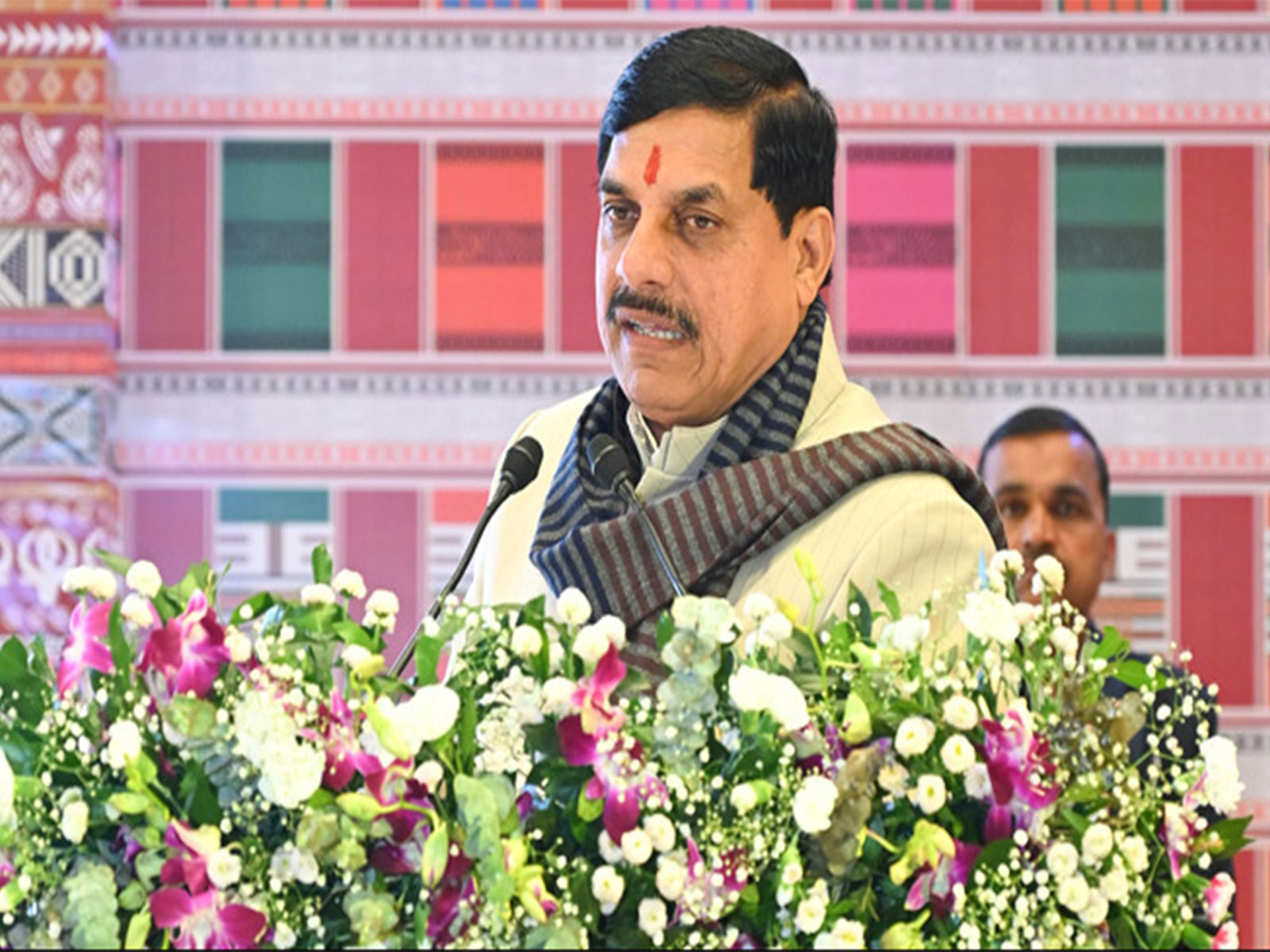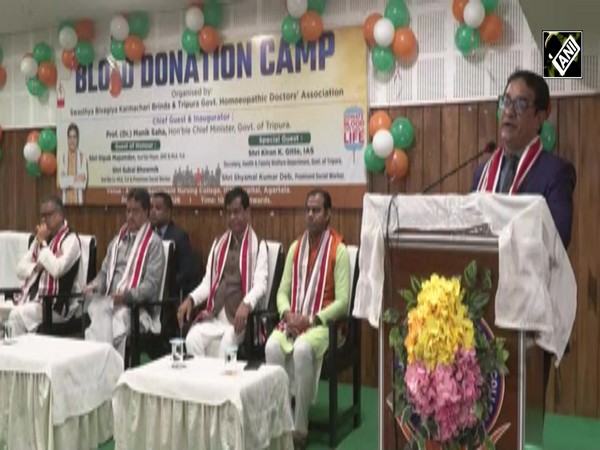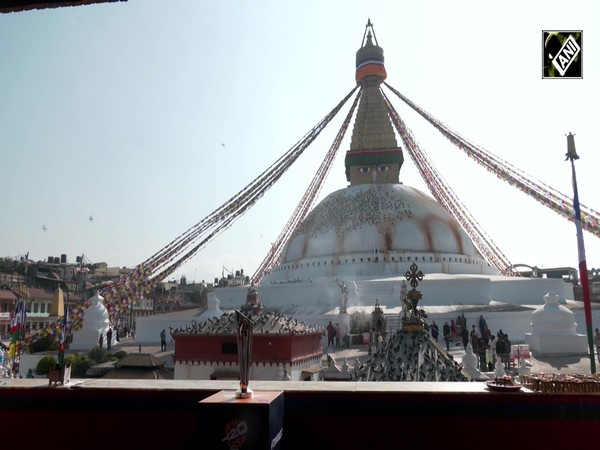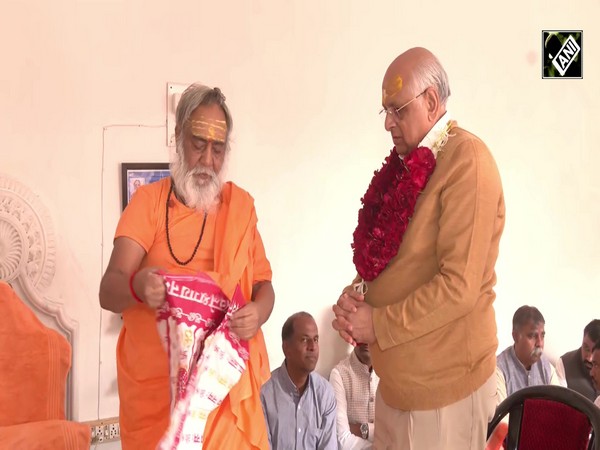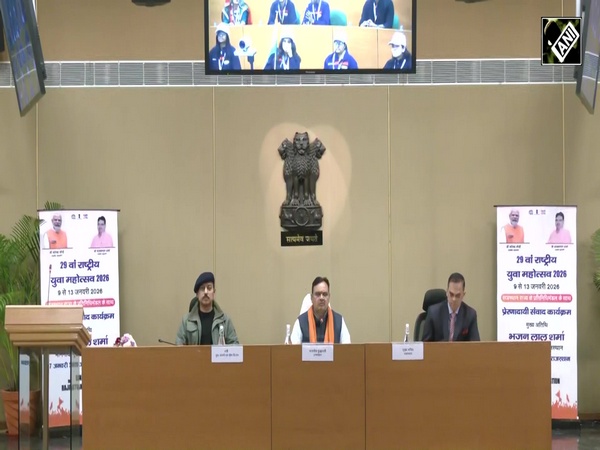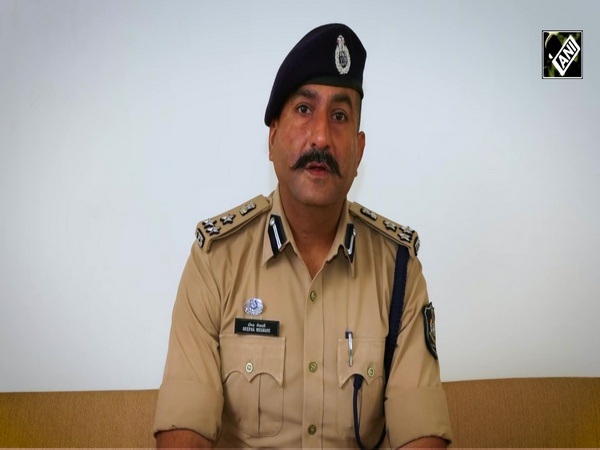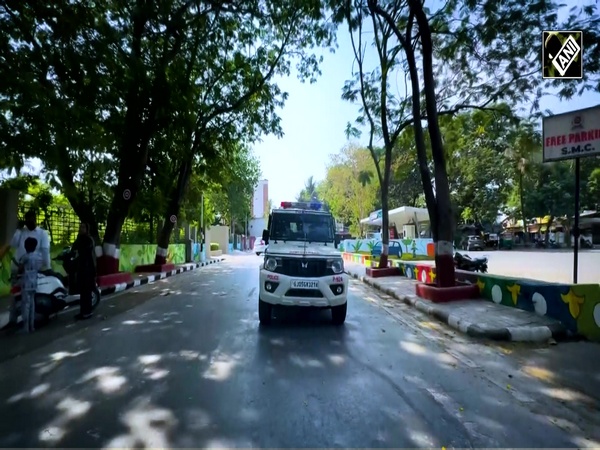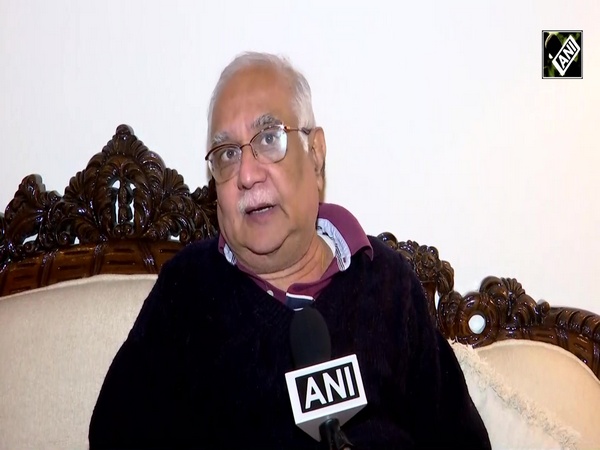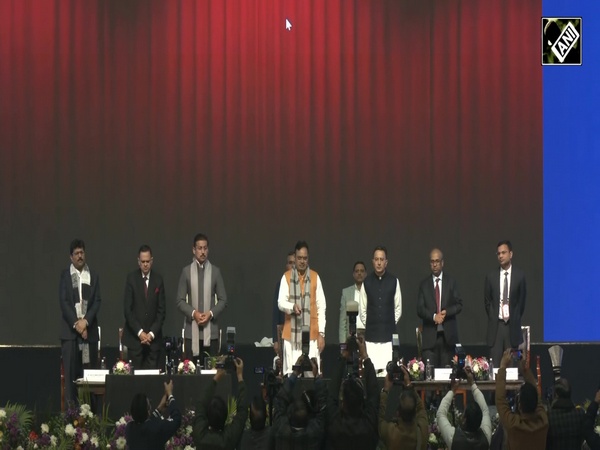Facial authentication revolutionizes pension life certificate process for EPS pensioners
Jun 08, 2024

New Delhi [India], June 9 : The Ministry of Labour & Employment has announced the widespread adoption of Facial Authentication Technology (FAT) by the Employees' Provident Fund Organisation (EPFO) for the submission of Digital Life Certificates (DLCs).
According to a press release by the Ministry of Labour and Employment, this innovation marks a shift from the traditional physical life certificate submissions, which often posed challenges for pensioners, particularly the elderly.
The EPFO, catering to over 7.8 million pensioners, had traditionally required pensioners to submit a physical life certificate annually to continue receiving their pensions.
This process often required visits to banks or other institutions, leading to numerous grievances and difficulties, especially for the elderly and those with mobility issues.
To address these challenges and enhance the pensioners' ease of living, the EPFO introduced Digital Life Certificates (DLCs) in 2015, read the press release.
The DLCs, based on biometric authentication, still required pensioners to visit a branch of any bank, post office, Common Service Centre, or EPFO office for fingerprint or iris capture.
In July 2022, EPFO adopted the Facial Authentication Technology (FAT) developed by the Ministry of Electronics and Information Technology (MeitY) and the Unique Identification Authority of India (UIDAI).
This technology allows pensioners to submit their life certificates using a simple facial scan from the comfort of their homes, eliminating the need to visit physical locations for biometric authentication, read the press release.
The facial scan, conducted through a smartphone camera, matches the pensioner's face with their Aadhaar database records using UIDAI's Face Recognition App.
This has made the submission process not only more accessible but also more affordable for the pensioners, allowing them to avoid the hassle of traveling, especially in old age.
Since its introduction, the FAT-based submission of DLCs has seen rapid growth. In the financial year 2022-23, 210,000 pensioners utilized this technology.
This number increased to 660,000 in 2023-24, reflecting a year-on-year growth of 200 per cent.
These figures represent approximately 10 per cent of the total DLCs received during the past financial year, indicating a significant shift towards the use of this innovative technology, read the press release.
In total, around 6 million DLCs were submitted by pensioners in the last financial year, highlighting the substantial impact of digital technologies in simplifying life certificate submissions.
Pensioners need to install two applications on their smartphones: "Aadhaar Face RD" and "Jeevan Pramaan." These apps guide the user through the facial scan process, which is authenticated using their Aadhaar-linked mobile numbers.
Upon successful scanning, the system confirms the submission of the DLC, displaying the Jeevan Pramaan ID and the Pension Payment Order (PPO) number on the screen, thus completing the process conveniently from home.
EPFO has embedded the use of FAT in its software since July 2022 and issued detailed instructions to all field offices to promote this new method among pensioners.
The process is explained regularly not only in field offices but also through the "Nidhi Apke Nikat" program, which has been conducted in districts across India since January 2023.
Additionally, a comprehensive video guide on using this technology is available on the official YouTube channel of EPFO (@SOCIALEPFO), making it easier for pensioners to understand and adopt the new method, read the press release.
The adoption of Facial Authentication Technology for submitting Digital Life Certificates represents a significant advancement in the effort to make life easier for pensioners.
By enabling them to complete this essential task from the comfort of their homes, the EPFO is confident that this method will increasingly enhance the ease of living for a growing number of pensioners.
